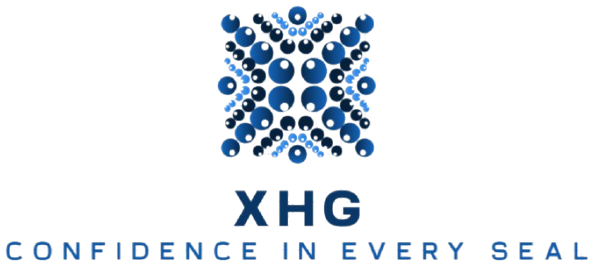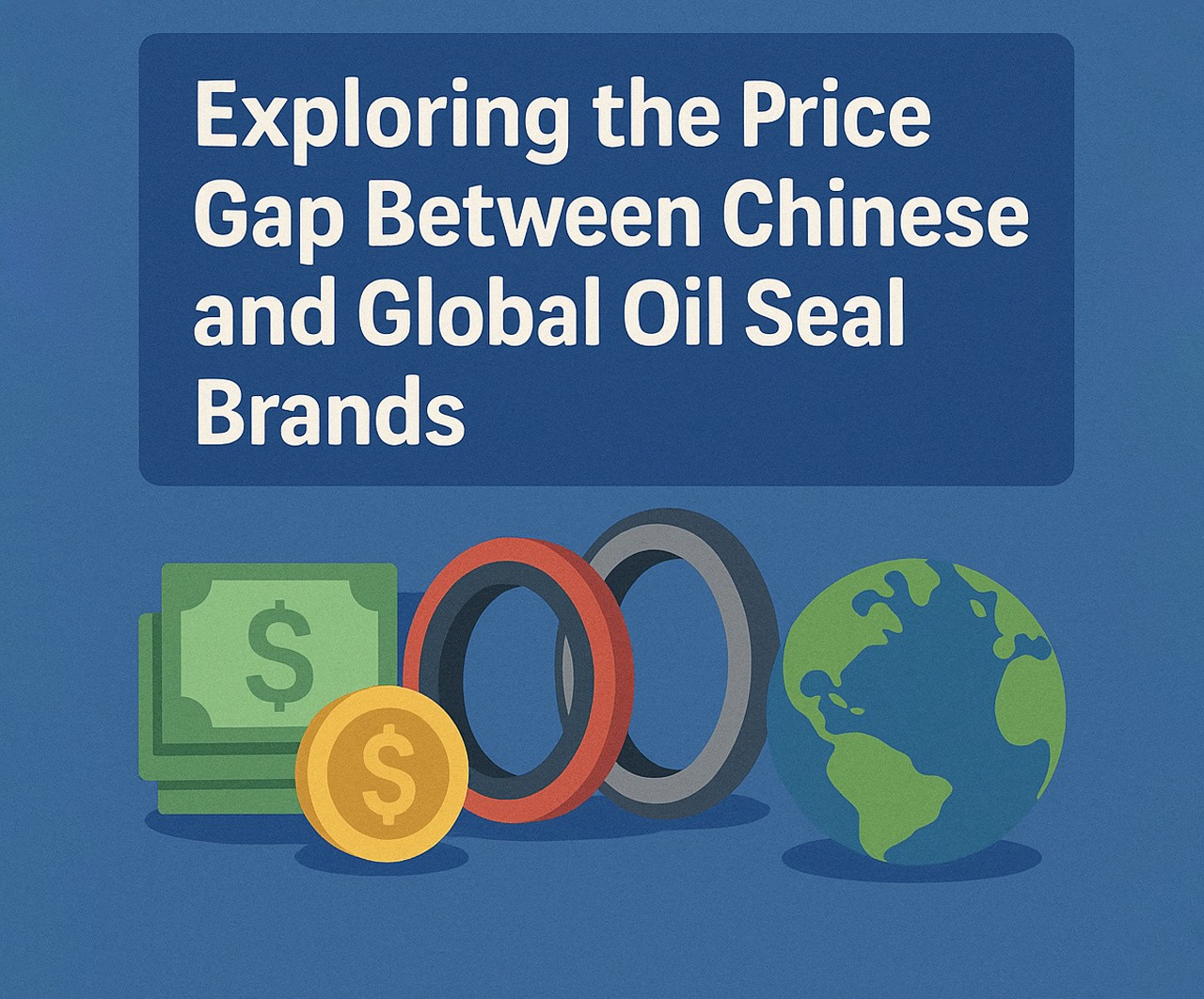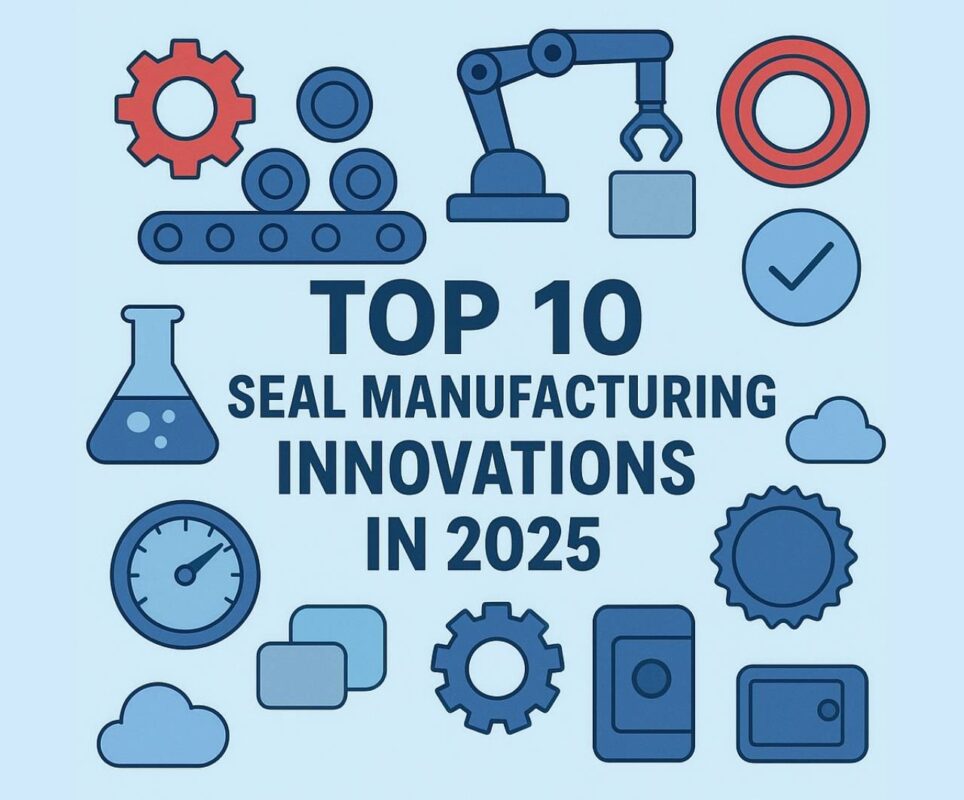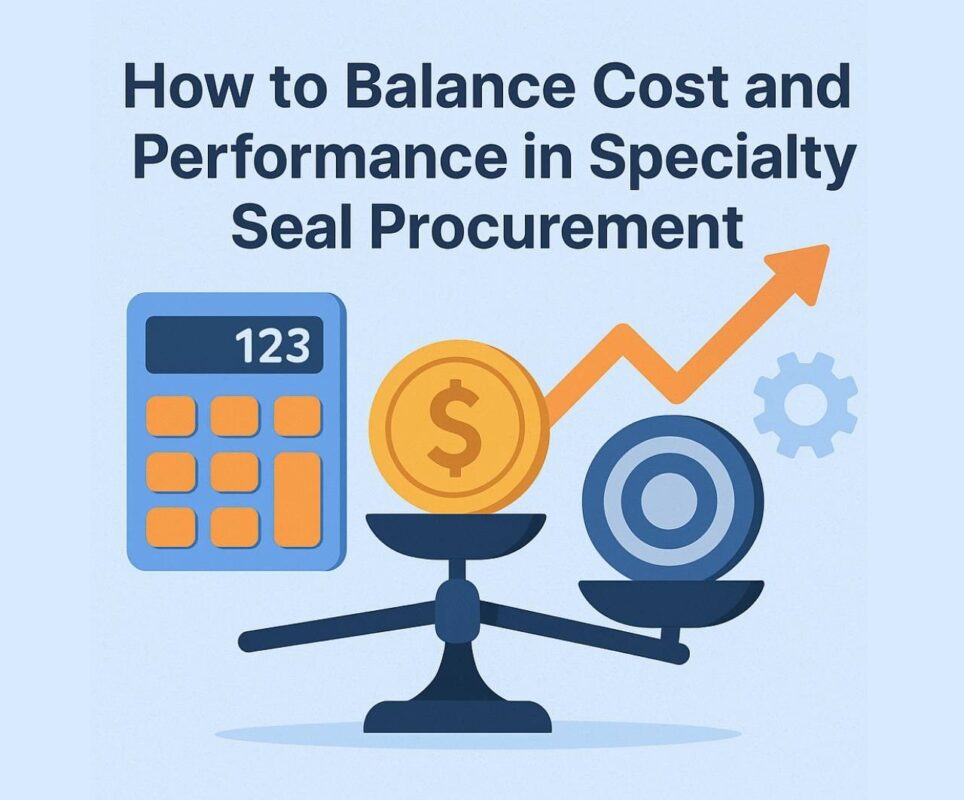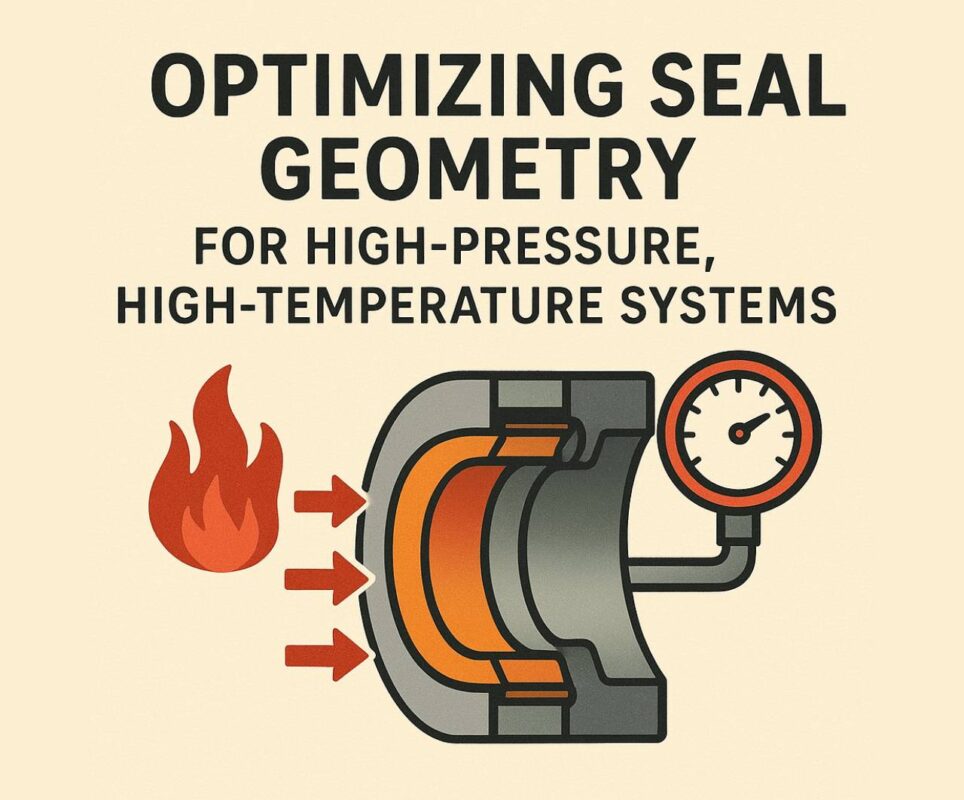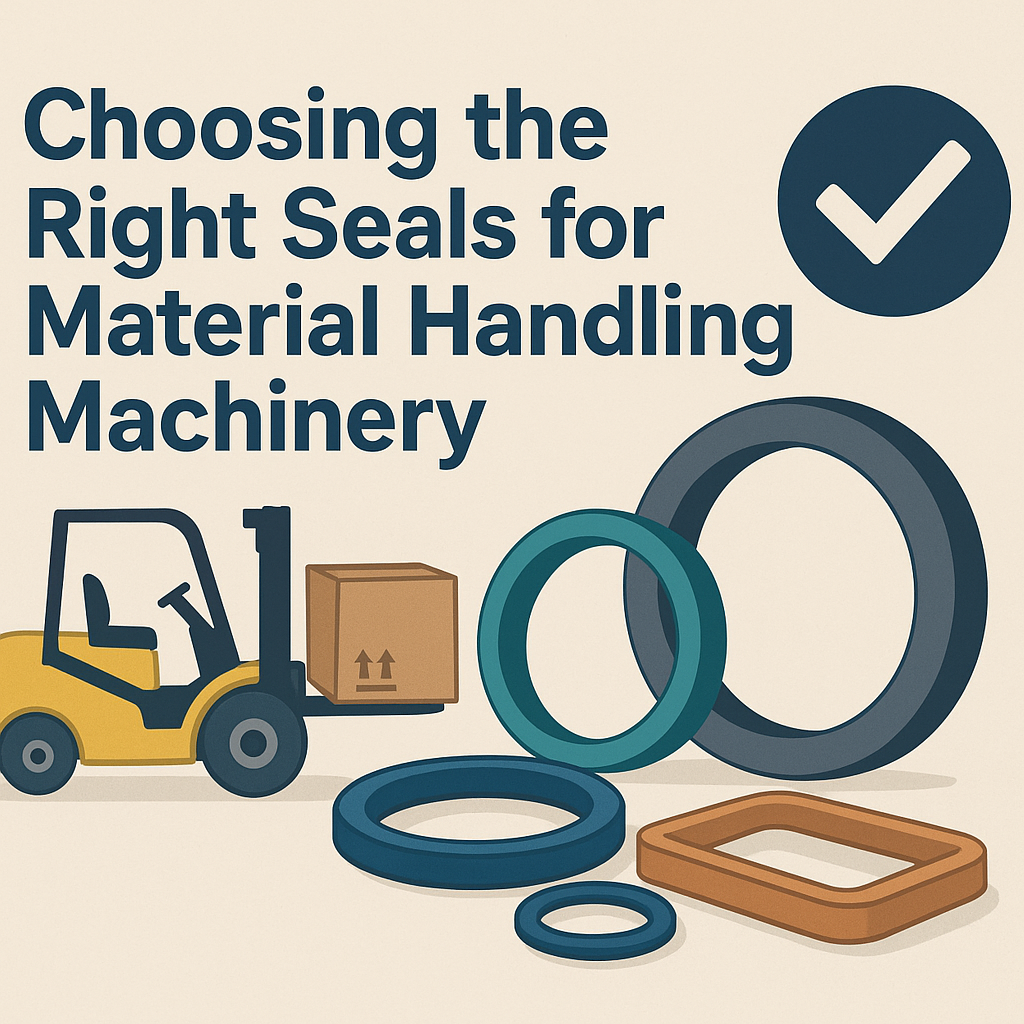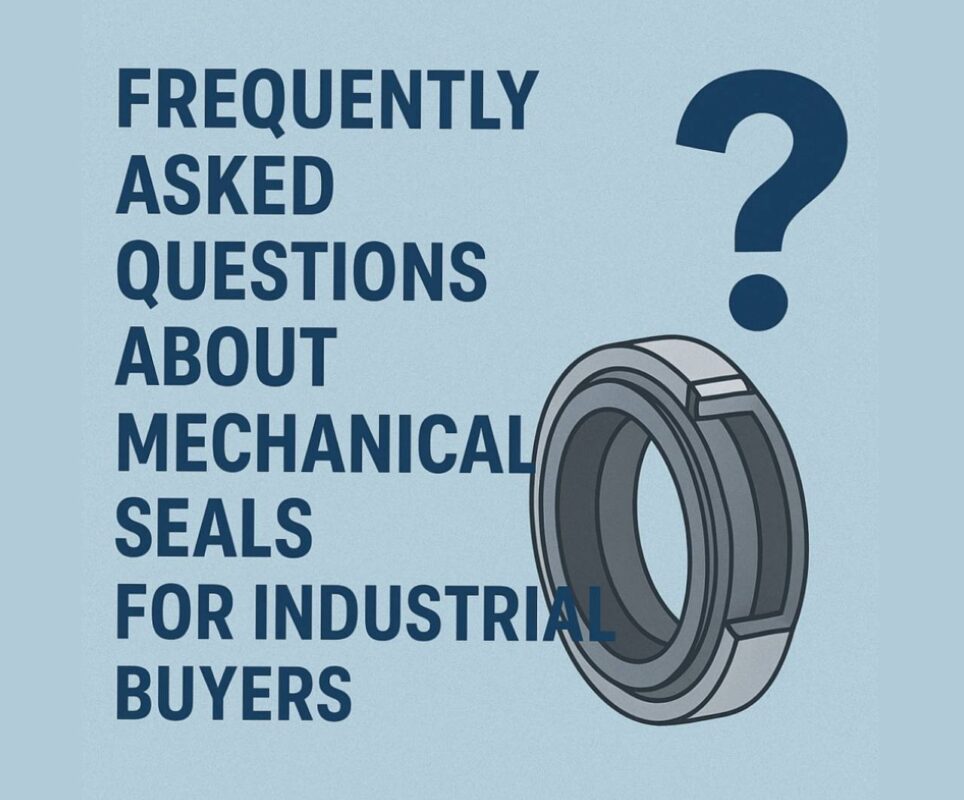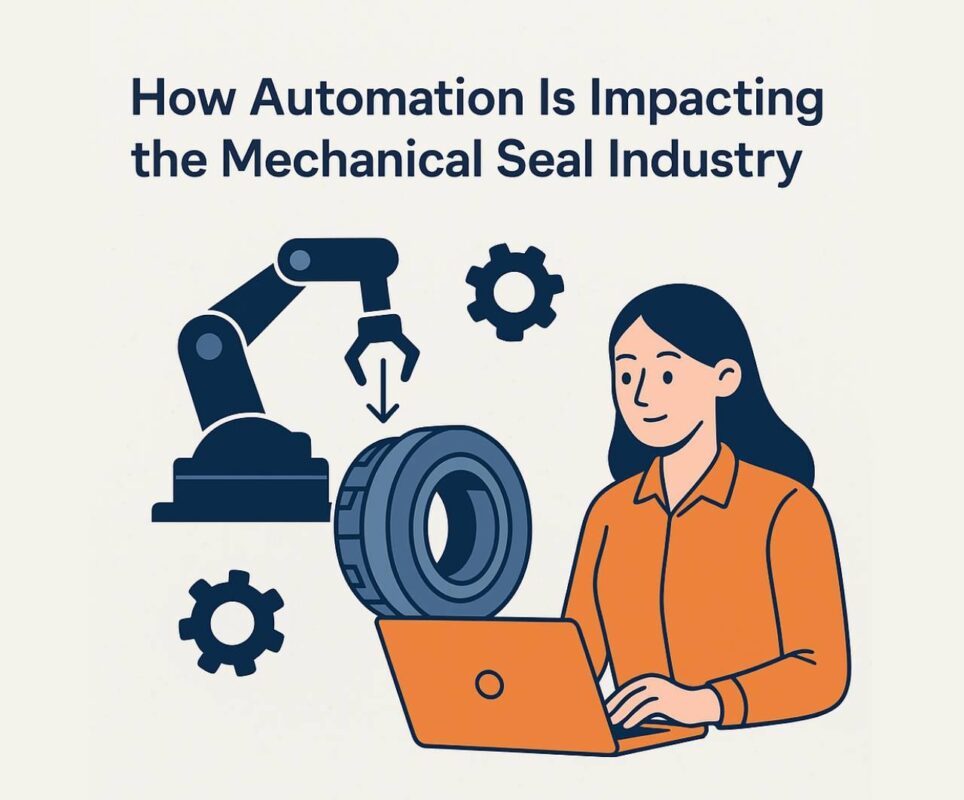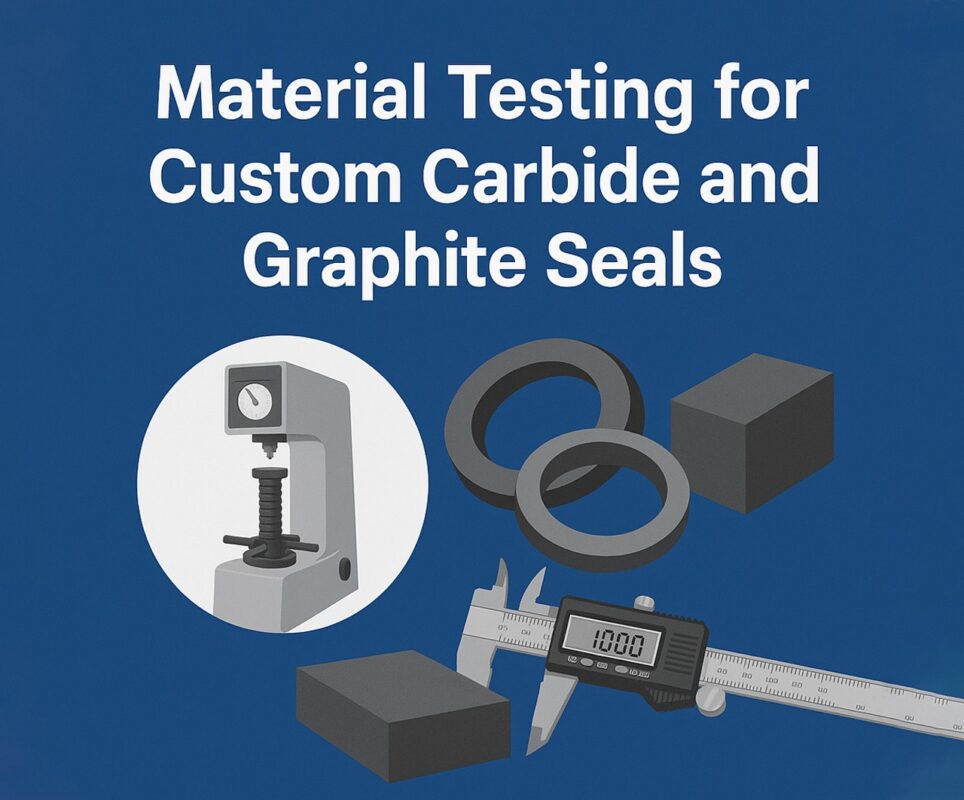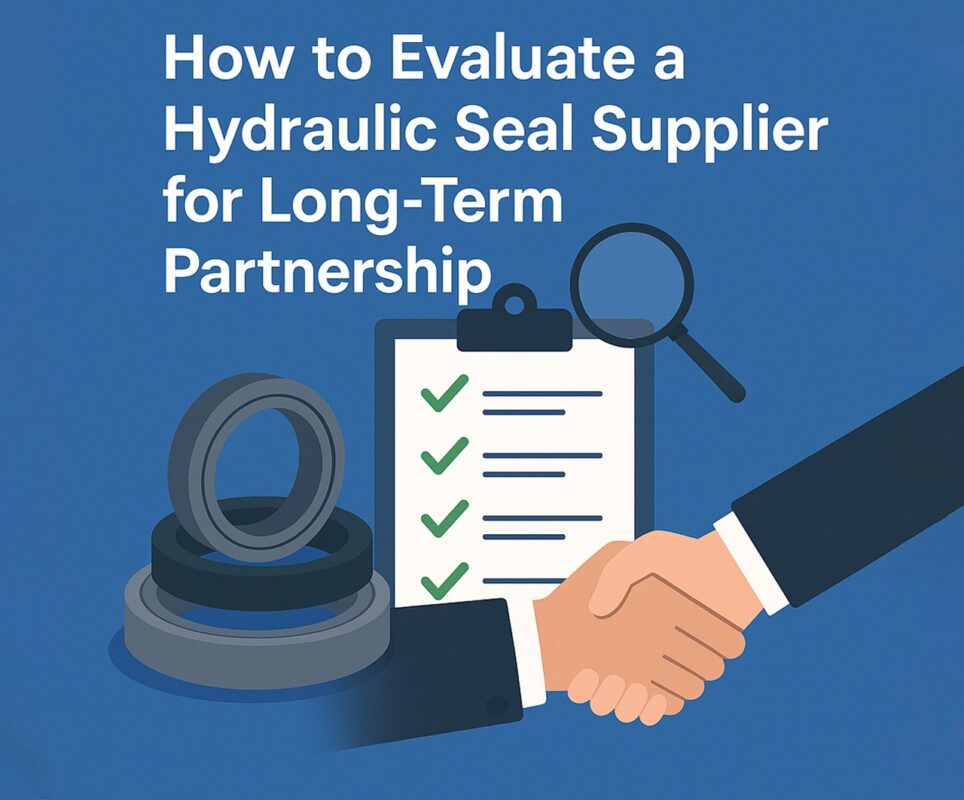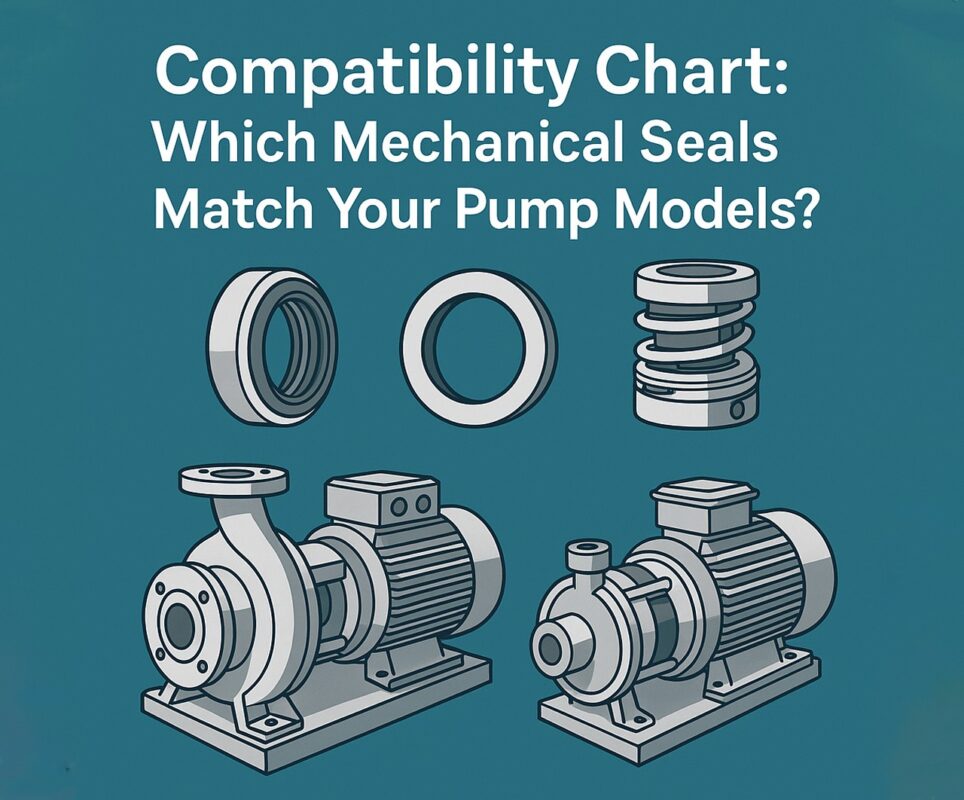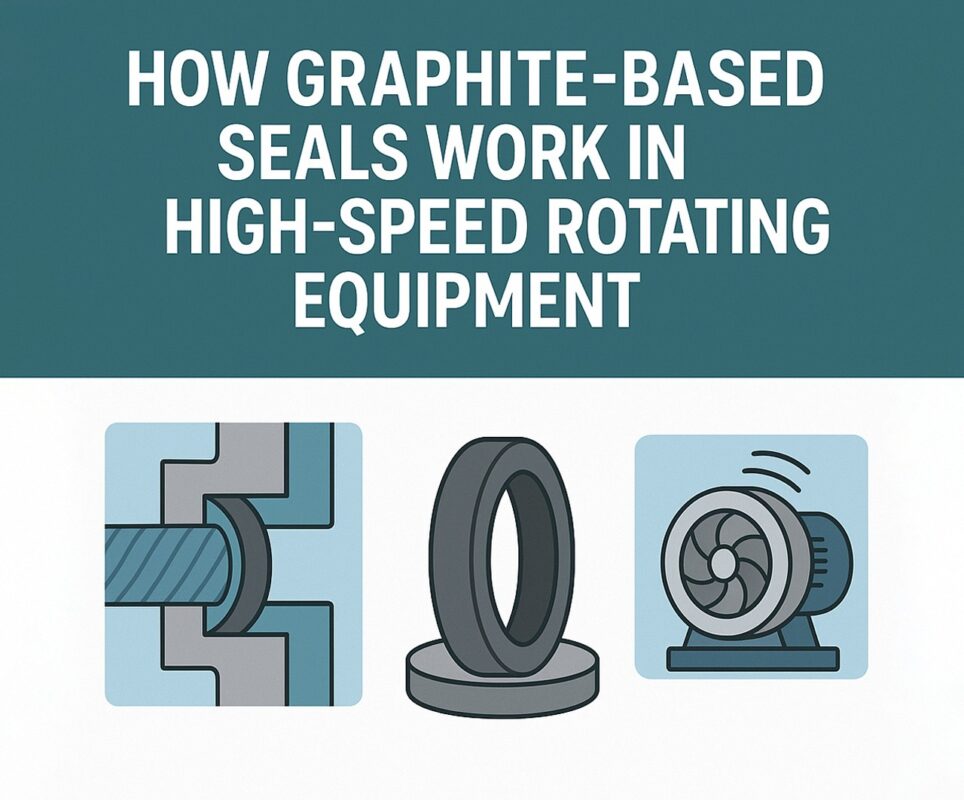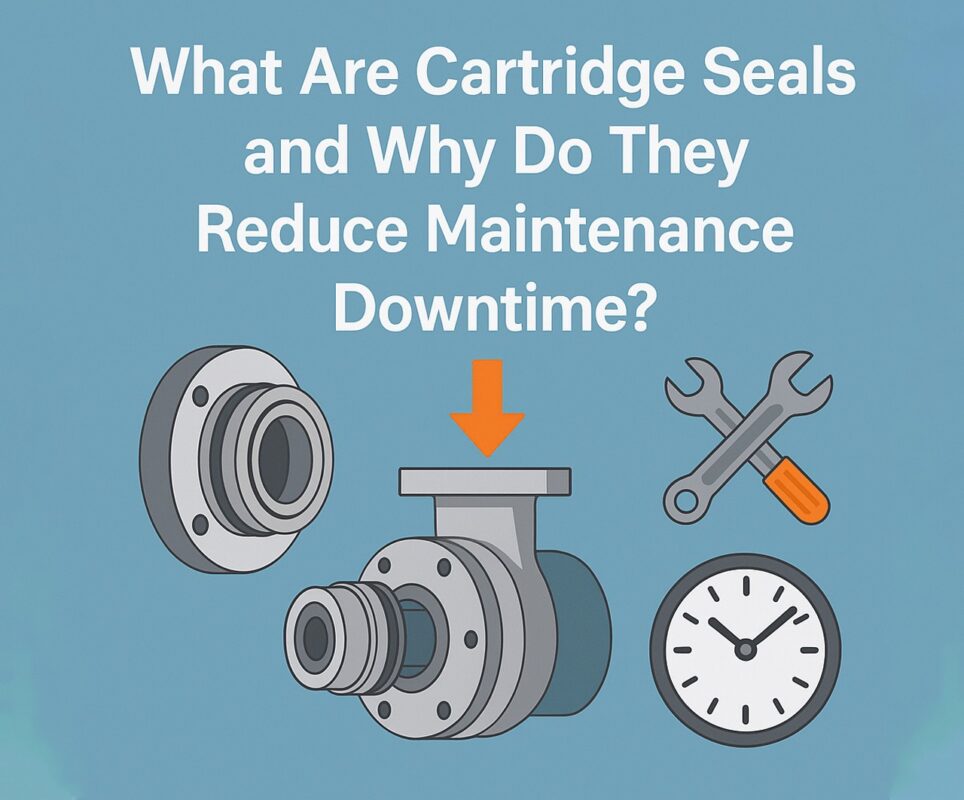When sourcing components for industrial equipment, companies often grapple with the decision between choosing domestic or international suppliers. This is particularly evident in the market for seals and gaskets, especially items like the boiler pump seal, duo seal vacuum pump oil, and hydraulic pump oil seal. These components are essential in maintaining equipment efficiency, minimizing leaks, and ensuring system longevity. However, one of the most striking aspects of this industry is the wide price gap between Chinese oil seal brands and their global counterparts, commonly referred to as global oil seal brands. What causes these discrepancies? And does a lower price tag mean lower quality? Let’s explore. Know more..
The Essential Role of Oil Seals in Industrial Systems
Before diving into pricing differences, it’s crucial to understand the vital role oil seals play. Whether you’re dealing with a boiler pump seal in a high-pressure heating system, a duo seal vacuum pump oil application in scientific labs, or a hydraulic pump oil seal in construction machinery, these seals are critical in preventing fluid leakage and contamination. The performance of these seals directly affects the reliability and efficiency of entire systems. A failure could mean equipment downtime, costly repairs, or worse—complete system failure.
Why Chinese Brands Are So Much Cheaper
China has become a global leader in manufacturing, and its oil seal industry is no exception. Several factors contribute to the significantly lower prices of Chinese oil seal brands:
1. Labor and Operational Costs
Chinese manufacturers benefit from lower labor costs, which directly reduces the cost of production. In addition, the infrastructure for mass manufacturing is well-established, allowing for economies of scale.
2. Supply Chain Efficiency
China’s domestic supply chain is highly integrated. From raw material procurement to final assembly, many processes happen within a small geographical radius. This reduces transportation and logistics costs.
3. Export Incentives
The Chinese government offers subsidies and tax breaks to exporters, including manufacturers of boiler pump seals, duo seal vacuum pump oil products, and hydraulic pump oil seals. This further lowers the price for international buyers.
4. Focus on Volume over Margin
Many Chinese firms prioritize market share over profit margins. Selling high volumes at low prices is a common strategy to outcompete global brands and enter new markets.
The Price Tag of Global Oil Seal Brands
While Chinese oil seals may be more affordable, global brands often charge a premium. Why?
1. Higher Material Standards
Brands from Europe, Japan, and the U.S. often use higher-grade rubber, polymers, and metal reinforcement in their hydraulic pump oil seals and boiler pump seals. These materials tend to offer longer life spans and greater resistance to extreme temperatures and chemicals.
2. Stringent Quality Control
Global manufacturers typically adhere to stricter quality control protocols and industry certifications (such as ISO or API standards). This ensures consistency, reliability, and safety, especially in high-risk environments.
3. Research and Development
Global brands invest heavily in R&D. For example, in specialized applications such as duo seal vacuum pump oil, seals are often engineered for specific chemical resistances, vacuum retention, and operational durability. Innovation drives cost.
4. Customer Support and Customization
Reputable international brands offer technical support, product customization, and faster lead times for emergency replacements. These services come at a cost, but for many buyers, the trade-off is worth it.
Performance vs. Price: Is Cheaper Always Worse?
Not necessarily. Over the last decade, Chinese oil seal manufacturers have significantly improved their quality standards. Many now produce boiler pump seals, duo seal vacuum pump oil components, and hydraulic pump oil seals that meet international specs—sometimes even partnering with foreign firms to co-develop products.
However, while some Chinese products offer excellent value, others may compromise on durability or performance. For example, a low-cost hydraulic pump oil seal might work well in a low-pressure system but fail under extreme temperatures or constant load.
It’s essential to evaluate the total cost of ownership—not just the purchase price. Frequent replacements, equipment downtime, and repair costs can offset initial savings.
The Middle Ground: OEM Partnerships and Private Labeling
One emerging trend is the collaboration between global brands and Chinese manufacturers. Many international companies now source components from Chinese OEMs (original equipment manufacturers), apply stricter QA controls, and then market them under their brand names.
In this model:
- Chinese factories benefit from higher order volumes.
- Global brands ensure performance through rigorous testing.
- Customers get a product that’s affordable and reliable.
This approach is particularly common in the duo seal vacuum pump oil segment, where technical performance and price need to be balanced carefully.
Evaluating Quality: What to Look for When Buying Seals
When selecting between Chinese and global brands, here are some key criteria to consider:
- Material Composition: Ensure the boiler pump seal or hydraulic pump oil seal is made from suitable materials for your application (e.g., NBR, Viton, PTFE).
- Tolerance and Fit: Check the manufacturer’s dimensional tolerances. Even minor inaccuracies can affect seal performance.
- Operating Conditions: Consider the pressure, temperature, and fluid compatibility. High-performance applications often justify higher-cost seals.
- Certifications: Look for ISO, RoHS, REACH, or other industry-specific certifications.
- Supplier Reputation: Read reviews, ask for case studies, and request performance data.
Future Trends in the Oil Seal Market
As industrial demands evolve, the oil seal industry is also adapting. Here are some trends shaping the future of this sector:
- Eco-Friendly Materials: Both Chinese and global brands are exploring biodegradable and recyclable materials for hydraulic pump oil seals.
- Smart Seals: Embedded sensors in seals are being tested to monitor wear and fluid integrity in real time.
- 3D Printing: Custom seals are now being prototyped using additive manufacturing, reducing lead times and development costs.
- Increased Localization: As trade tensions rise, some global firms are setting up local manufacturing units, including in China, to bypass tariffs and logistics delays.
Final Thoughts: Finding the Right Balance
The decision between a low-cost Chinese oil seal and a premium global brand doesn’t have to be black and white. By assessing application requirements, risk tolerance, and budget constraints, companies can find products that meet their exact needs.
For routine applications, high-quality Chinese-made boiler pump seals, duo seal vacuum pump oil components, and hydraulic pump oil seals may provide excellent value. For critical systems where downtime is costly, investing in global brands may be the smarter choice.
Ultimately, knowledge is power. Ask questions, compare specifications, request samples, and conduct trials. The more informed your purchase, the better the outcome.
In today’s global marketplace, understanding the dynamics behind price, performance, and sourcing can help you make smarter decisions that support both operational goals and long-term efficiency.
